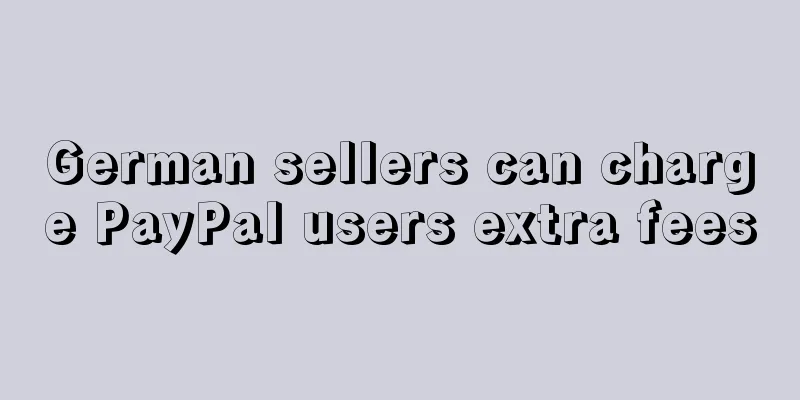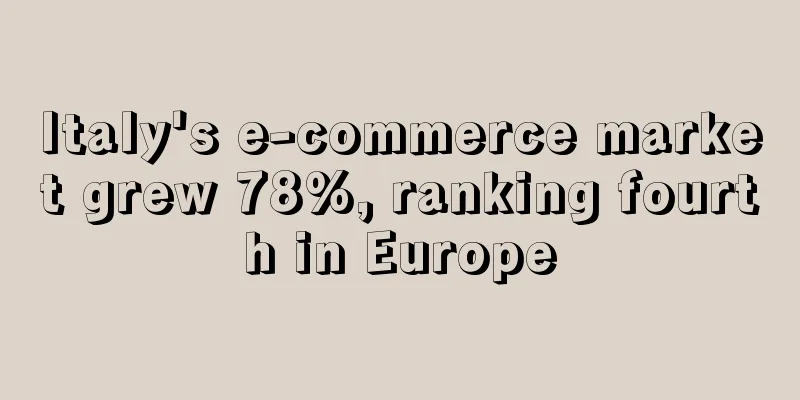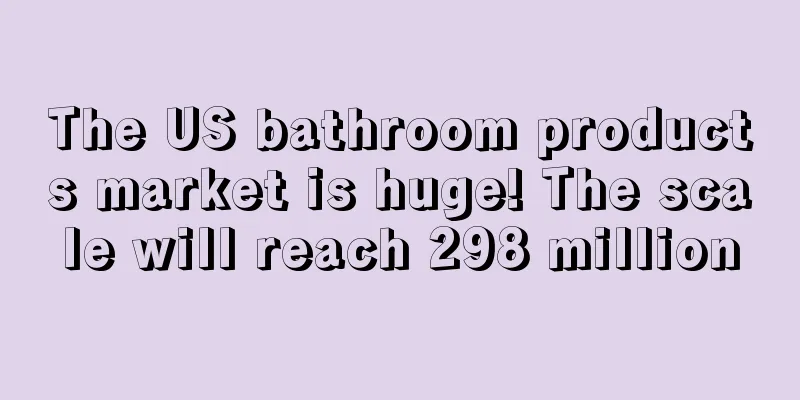German sellers can charge PayPal users extra fees

|
Whether e-retailers can charge customers who use PayPal or Sofort as payment methods has always been unclear. At the end of March this year, the German Federal Court BGH made a final ruling on this issue, allowing merchants to charge additional fees.
This is the first time a federal court has clarified whether merchants are allowed to charge additional fees for certain types of payment methods. Prior to this, it had not clarified the situation for PayPal and instant payment transfers.
Two years ago, the Consumer Information Center filed a lawsuit against Flixbus, a Munich long-distance bus company, for charging customers an additional fee based on the fare when they used instant transfer or PayPal to pay.
The German Anti-Unfair Competition Protection Agency believes that this behavior affects the interests of consumers and market participants and competitors, and violates the Anti-Unfair Competition Law. At the same time, it also violates Section 270a of the German Civil Code, which prohibits merchants from charging additional fees for the use of certain cashless payment methods.
But the Munich Higher Regional Court rejected the case filed by the Consumer Advisory Center . Now, the appeal to the German Federal Supreme Court has also failed.
Germany's Federal Supreme Court ruled that the additional fees were not charged for using this transfer method, but for activating corresponding payment services , such as a credit check on the customer.
The merchant therefore provides the service before receiving the payment and Section 270a of the German Civil Code does not prohibit charging additional fees for additional services.
According to the ruling of the German Federal Supreme Court, merchants are free to decide whether to charge customers additional fees for using the service.
Following the BGH ruling, merchants can now theoretically charge consumers for using these two online payment services. However, in practice this rarely happens and therefore has little impact on consumers.
In addition, for various considerations, Flixbus finally cancelled the additional charges for these two payment services. Germany PayPal law |
<<: Two-thirds of the largest U.S. retail companies use content marketing
>>: Report on social media usage in the Middle East shows huge potential for development
Recommend
What is Saleku? Saleku Review, Features
The core team of Saleku has more than ten years of...
What is Samurai Seller? Samurai Seller Review, Features
<span data-docs-delta="[[20,{"gallery"...
What is Walmart? Walmart Review, Features
Walmart is an American global chain enterprise. I...
UPS to expand operations in Malaysia as e-commerce booms
United Parcel Service UPS will expand its retail ...
Dama will spend 200 million to buy land in Shenzhen
It is not uncommon for large companies to spend h...
What is AliExpress Blacklist? AliExpress Blacklist Review, Features
AliExpress blacklist is designed to help AliExpre...
User conversion rate is 56%! Amazon beats Temu
Since its launch in the United States, Temu has b...
What is Vestiaire Collective? Vestiaire Collective Review, Features
Vestiaire Collective was founded in France in 200...
An inventory of Amazon’s weird products, has TikTok become Amazon’s product recommendation platform?
In the new year, sellers are preparing to select ...
A large number of Lazada merchants received huge orders during Double 11, with one brand selling out its stock within 30 minutes of opening.
During this year’s Double 11, Lazada placed adver...
Amazon gift cards are booming? Buyers strongly complain
Recently, when browsing Amazon's official web...
On Buy partners with LEGO to demonstrate market presence
Recently, OnBuy has partnered with the LEGO brand...
Can't withstand the "cold winter"! A well-known European retailer goes bankrupt and liquidates
As the peak season approaches, some sellers are e...
What is Foreign Trade Wolf? Foreign Trade Wolf Review, Features
Foreign Trade Wolf is a domestic foreign trade cus...
More than 137,000 products have been recalled! Available on Amazon and other platforms
Product safety issues require special attention. ...









